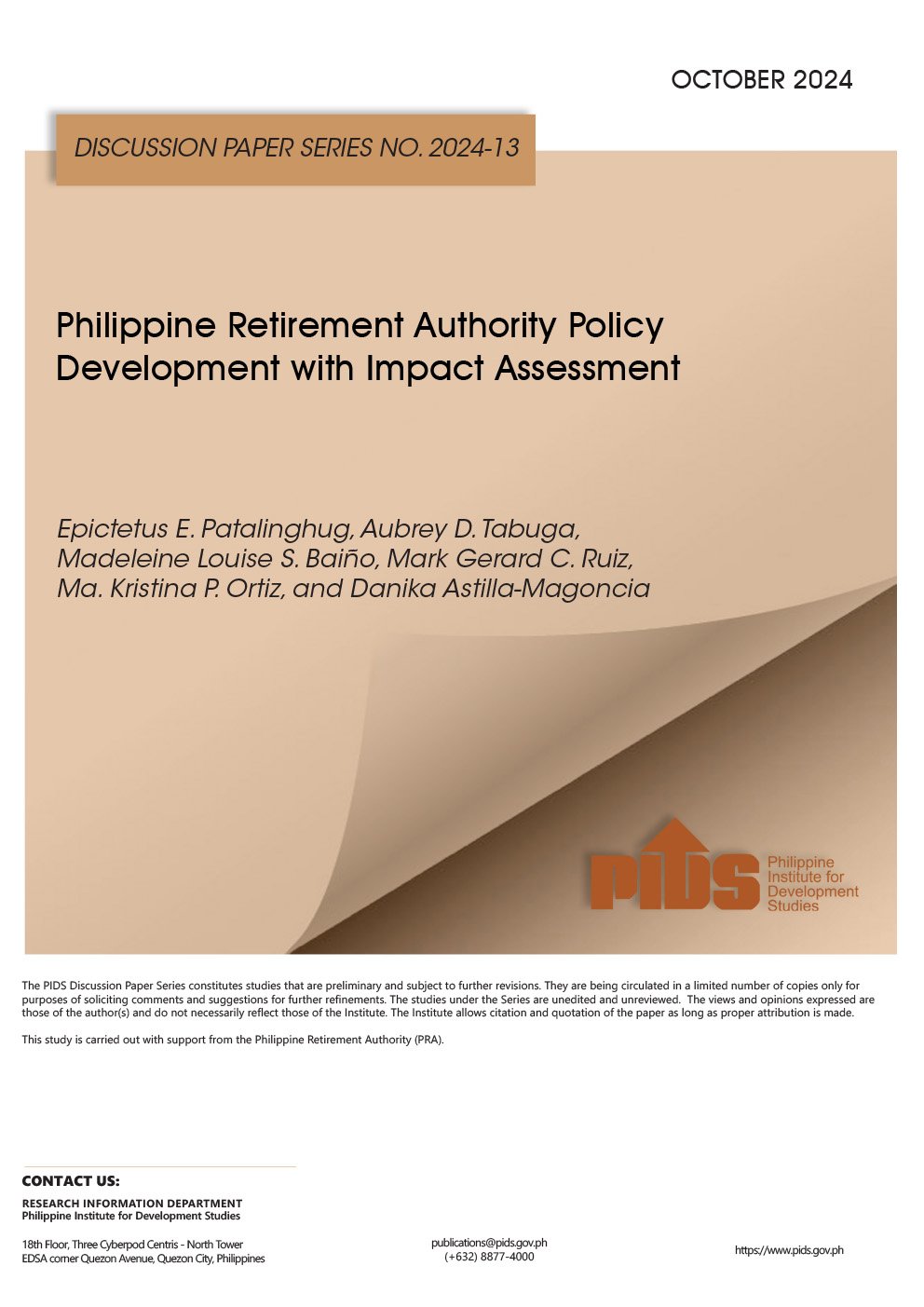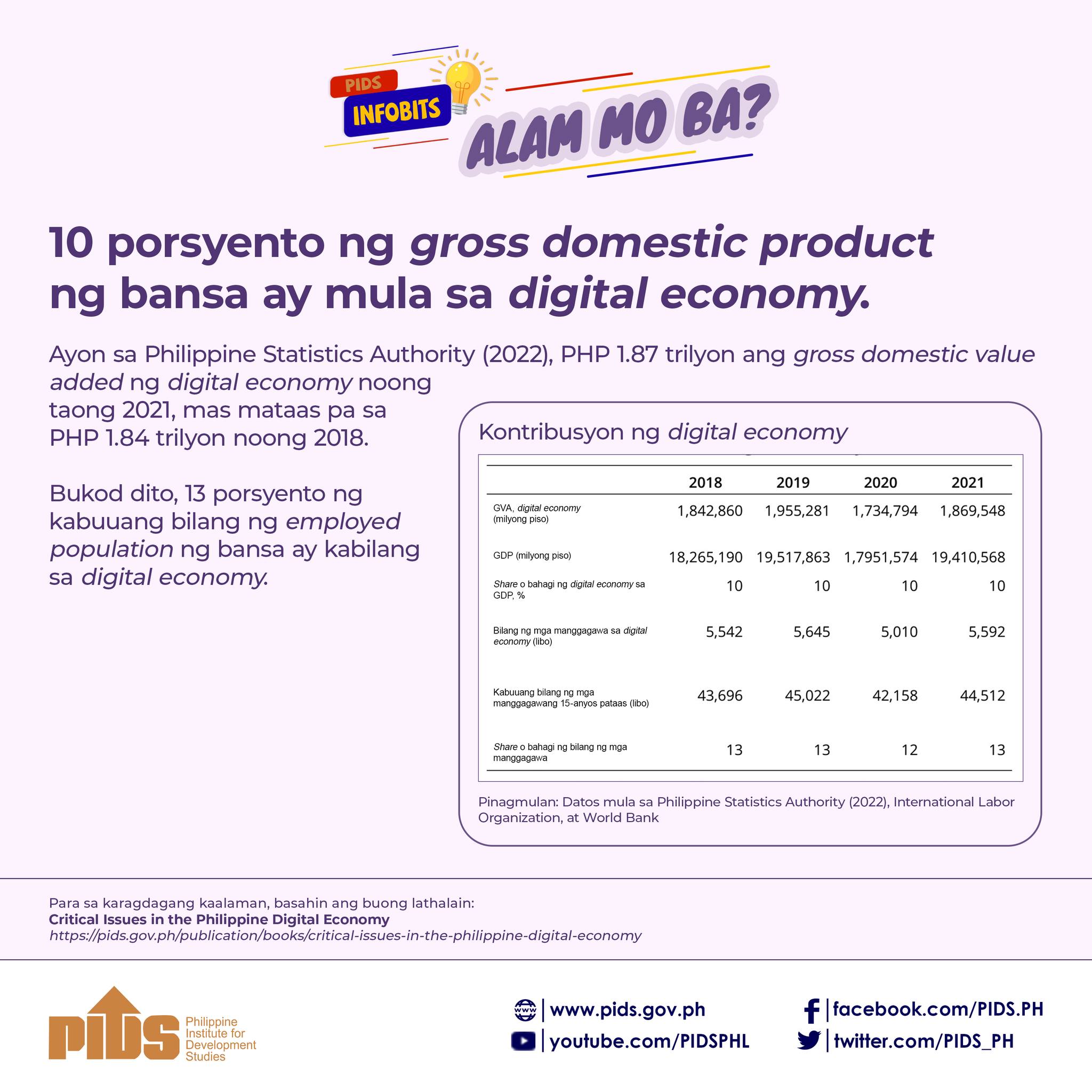GOVERNMENTS, all governments for that matter, are designed to operate on certain fiscal assumptions. The Philippine government is no exception. It goes like this.
For this year, this will be the national budget. This is revenue stream that will support the national expenditure program, or NEP. Plus, there is a leeway for borrowings, such as bond floats, which almost always sell like hotcakes because of the state guarantee. Treasury bonds come with a 3.75 percent net a year, below the inflation rate. Still, they sell briskly because the government is the issuing party.
The government can also borrow from overseas sources. And negotiate for maximum overseas development assistance (ODA) to secure funding for other state projects.
All governments, unless the leaders are crazy and unhinged from reality, do not want to pile up on budgetary deficits. Some politicians run for president or prime minister based on the plank of promising fiscal prudence and balanced budgets.
Fiscal prudence is a life-and-death issue for most governments and most leaders. Looking at the chaos of Venezuela right now, where you need millions of bolivars to buy junk food, the call for fiscal prudence now has a universal ring.
This same issue of fiscal health was the concern raised by NEDA Director-General Ernesto Pernia in a recent interview on what would be the economic impact of a hasty shift to a federal system. His answer, from a non-politician speaking on a sensitive topic, was guarded. But his theme was clear — it will be a disaster.
“We really have to do our homework first in terms of preparing well for the country and for the economy,” he said. Ok, what specific issues worried Pernia?
— The fiscal deficit could soar to “maybe 6 percent of GDP or more.” A 4 percent ratio is already on the high side.
— A possible downgrade in credit ratings, which would make foreign borrowings more expensive
— The disruption of the signature infrastructure program of the Duterte administration. The infra program, said Pernia, was precisely designed to “connect the lagging regions into the mainstream,” which is one of the alleged urgent agenda of the shift to federalism.
Overall, Pernia summed up, it would “wreak havoc“ on the economy.
(Pernia is probably the most apolitical member of Mr. Duterte’s cabinet; he has no known personal agenda. His worries are straightforward, the state of the economy now and going forward. Unlike other members of the cabinet who have regional, fraternal and political ties to the President — and who will gladly dissemble for the President, the facts be damned — his concerns are macro and micro. His arguments are simply based on available data.)
The fiscal challenge that would come with the shift to a federal form of government was confirmed by initial studies done by the premier state think tank on economic issues. The Philippine Institute for Development Studies (PIDS)
The country would spend an additional P44 billion to P72 billion to fund the shift to federalism, according to the PIDS and the two figures were on the low end of the expected fiscal bloat. That additional spending was “just on the incremental cost of the bureaucracy. The states to be formed under the federal form of government will have governors and vice governors and worse, state senators.
Plus, the funding for their staff and budgets for casual hires and job order (JO) hires and the additional costs that are the built-in costs of a bloated bureaucracy. Nothing for projects; just money for the additional bureaucracy that will be required by the shift.
Rosario Manasan, senior research fellow at the PIDS, said the additional cost cited by her office does not include budgetary provisions for more courts that may be demanded by the federal form of government.
The scariest scenario on the impact of the shift has been laid down by economists from the University of the Asia and the Pacific, Victor Abola and Bernardo Villegas. Their take – a shift to federalism might usher in the dreaded scenario of hyperinflation, which is the case in Venezuela right now.
From the late 1980s to the mid-1990s, they explained, federal states in Latin America suffered from bouts of inflation as high as 4,000 percent. The reason? The states spent recklessly while the federal governments watched helplessly. The states were under the grip of political dynasties and regional warlords and reckless spending was the central formula to winning elections and retaining political power.
And, in case of a shift to a federal government — and with regional dynasties at the helm — there will be no way to rein in their spending.
In the case of the Philippines, the victory of the regional dynasties, in case the shift takes place now, will be a certainty. In fact the shift will be one big boost for the perpetuation of the dynasties.
The victorious dynasties will pay no heed to fiscal prudence and spend recklessly. What the heck if they bankrupt the national treasury? What are we in regional power for?
Former Chief Justice Hilario Davide Jr., has coined a phrase to sum up the planned shift to a federal form of government. It would be a “leap to hell,” he said. All known scenarios on the economic impact of the shift say just that.












